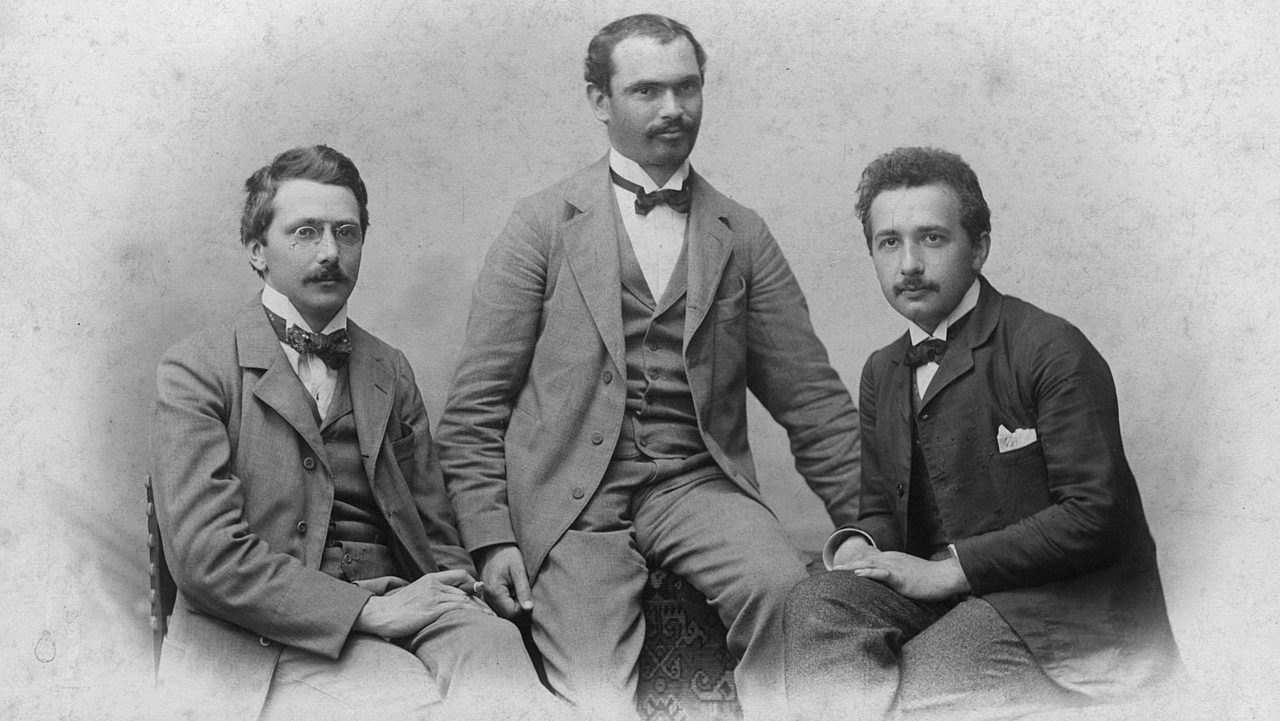Disconnected Leaders
by Guest Blogger, Marion Ginopolis
How disconnected are school leaders’ perceptions from the reality of schools? A recent Reality Check 2006 Report from Education Insights at Public Agenda funded by the Wallace Foundation reports, “…to most public school superintendents – and principals to a lesser extent – local schools are already in pretty good shape. In fact, more than half of the nation’s superintendents consider local schools to be excellent.”

This is, perhaps, the most frightening thing I’ve ever read. Assuming this national random sample (n=254) is reflective of all superintendents we are in big, big trouble if 94 percent of superintendents perceive schools to be good or excellent. (A possible explanation is that this is not a true random sample and the superintendents interviewed were all from ” Perfectville, USA.”)
This survey could not possibly have included superintendents in those districts where 10 percent of sixteen to twenty-four year olds were out of school without a high school credential in 2004, (pg. 11, National Center for Educational Statistics-NCES Condition of Education 2006) or from those districts where the average student scale score in reading for seventeen year olds was the same in 2004 as it was in 1971. NCES Digest of Education Statistics
It could not have included superintendents in districts where only 31 percent of fourth and eighth graders performed at the Proficient (indicating solid academic achievement) level in reading in 2005. (pg. 7, NCES Condition of Education 2006)

And, the survey could not possibly have included superintendents in school districts where reading performance of students is represented in the chart below: NCES Condition of Education 2006 Learner Outcomes:

At the risk of overusing my newly coined term, Digitaleaders, I believe that they are school leaders who examine the data available to them, analyze it and candidly communicate the reality of their districts rather than “shooting from the hip” or painting an unrealistic picture when interviewed about the condition of their schools.




